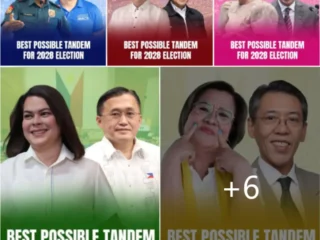Consent is a fundamental aspect of any interaction or agreement between individuals. It is the act of willingly giving permission or agreeing to something. However, there are certain conditions under which consent may not be considered free. In this article, we will explore these conditions and understand why they can invalidate the notion of free consent.
1. Coercion
Coercion refers to the use of force, threats, or intimidation to obtain consent. When someone is coerced into giving consent, their decision is not made willingly or freely. It is important to note that coercion can take various forms, including physical, emotional, or psychological pressure.
For example, if someone threatens to harm another person unless they agree to a certain condition, the consent given under such circumstances cannot be considered free. Coercion undermines the autonomy and freedom of choice of the person giving consent.
2. Undue Influence
Undue influence occurs when one party exerts an excessive amount of influence or control over another, leading to the manipulation of their decision-making process. This can happen in situations where there is a power imbalance or when someone takes advantage of another person’s vulnerability.
For instance, if a person in a position of authority or trust exploits their influence to manipulate someone into giving consent, it is not considered free consent. The person under undue influence may feel compelled to agree due to fear, dependence, or a sense of obligation, rather than making an independent and voluntary decision.
3. Fraud
Fraud involves intentionally deceiving or misleading someone in order to obtain their consent. When consent is obtained through fraudulent means, it is not considered free because the person giving consent is not fully aware of the true nature or consequences of their decision.
For example, if someone provides false information or conceals important facts in order to persuade another person to give consent, the consent obtained in such circumstances is not considered valid. The person giving consent should have access to all relevant information in order to make an informed and free decision.
4. Mistake
Consent given under a mistaken belief or understanding can also be considered as not free. Mistakes can occur when there is a lack of accurate information or when someone is misled about the nature of the agreement or interaction.
For instance, if someone agrees to a contract without fully understanding its terms and conditions due to a lack of clarity or misrepresentation, their consent may not be considered free. It is important for individuals to have a clear understanding of what they are consenting to in order for it to be considered genuine and voluntary.
5. Incapacity
Consent given by individuals who are incapable of understanding the nature or consequences of their decision is not considered free. This includes individuals who are underage, mentally impaired, or under the influence of drugs or alcohol.
For example, if someone is intoxicated and unable to fully comprehend the implications of their actions, any consent given during that time would not be considered free. It is necessary for individuals to have the capacity to make informed decisions in order for their consent to be valid.
In conclusion, consent is only considered free when it is given willingly and without any external factors influencing the decision-making process. Coercion, undue influence, fraud, mistake, and incapacity are conditions that can invalidate the notion of free consent. It is important to recognize and respect these conditions in order to ensure that consent is obtained ethically and genuinely in all interactions and agreements.









No Comments